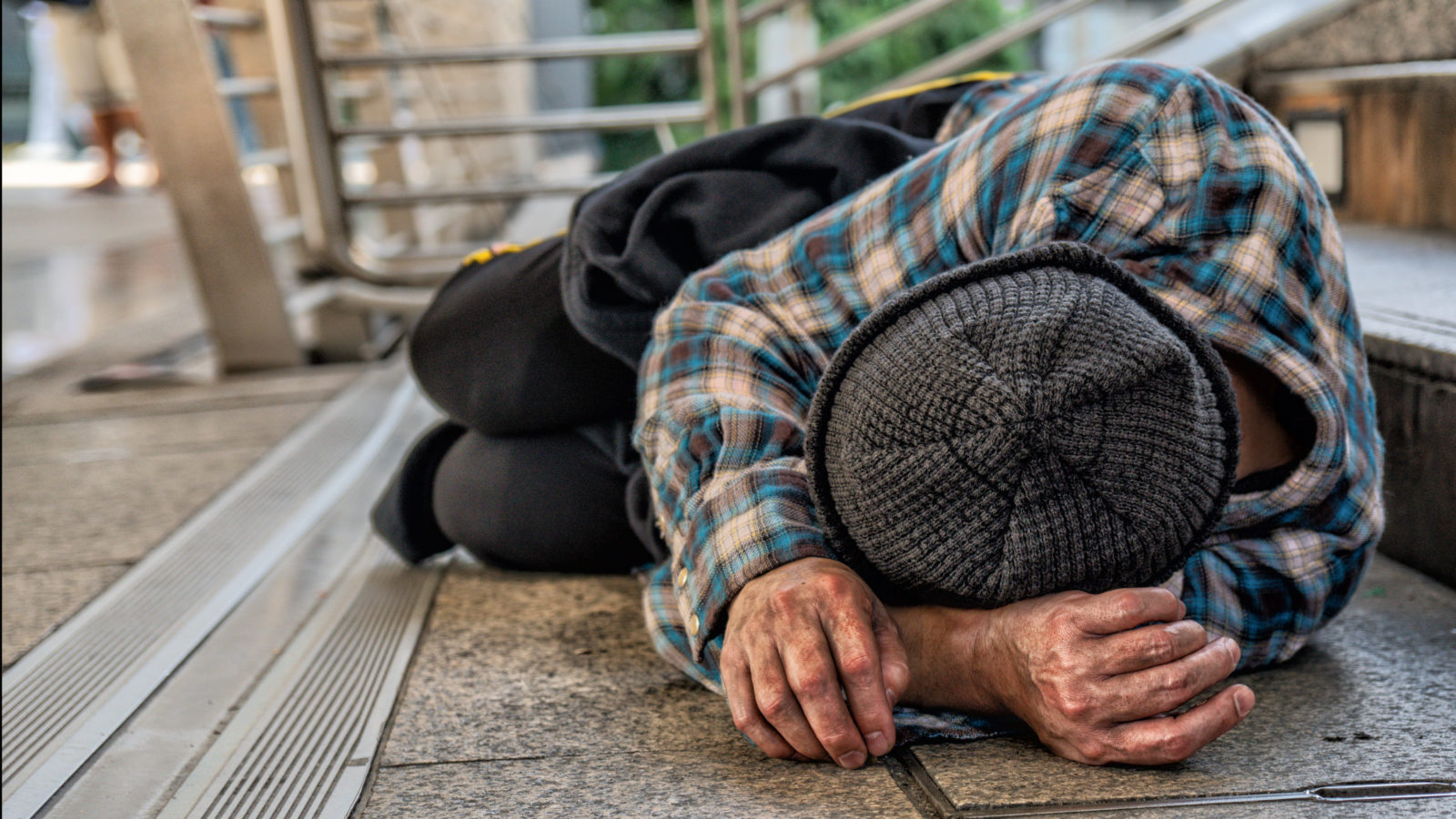Here’s one good criticism of a book about poverty-fighting programs I wrote 23 years ago, Compassionate Conservatism: “Olasky tells about the people who have established these programs. We do not hear the stories of people who have been helped by them.”
Last month I wrote about two long-term homeless people, Barry Meyer and Stephanie Creighton. Both have found help in changing their lives. Meyer has just made a down payment on a home of his own: He wrote me (and sent a photo) on October 30: “Tonight is my last night in a shelter. I’m buying this and move in tomorrow.”
Here’s a story about another formerly homeless man, Jeremiah Pruitt, 38, who vividly recalls the fire that changed his childhood at 4 a.m. on Dec. 21, 1999.
Pruitt was asleep on a couch in his boxers. His mom awakened him. He made it out along with his grandparents and stepdad, but she went back in for his 6-year-old sister and never came out. When he tried to rescue them it was so smoky he couldn’t see where to go.
Pruitt says he had severe depression after that. He smoked marijuana but justifies that by claiming it’s not a drug: “It’s not manmade… It grows from the earth.” He moved on to opioids, starting with one Percocet, then five, then anything: “It got to a point to where if I didn’t have a shot drawn up for me in the morning when I woke I’d be throwing up.”
Pruitt lived with his grandma for a while, then with a young woman with whom he had a child. They split when he was 24 and “that really did a number on me too, because it was like, every time I get close to somebody, I felt like they would disappear.” He stole small things from his family for years until “they wanted no part of me.” Then he stole large things from Walmart and went to prison for five years.
Then came homelessness. He carried three backpacks and slept at strip shopping malls at night: “Most of them don’t have security.” He’d find an outside outlet and plug in his cellphone and a heating blanket. He put that under him with his sleeping bag on top: Warmth, “like sleeping in a house.”
Days were worse than nights. Pruitt sunk deeper into depression: “I tried to kill myself three times. Took enough morphine to kill an elephant. Woke up in the hospital. Second time I woke up in a mental institution. Third time in another hospital.” Only when he got “sick and tired of being that person” was he eager for the “sober living program” he entered in 2020.
It didn’t work, though. Doctors put him “on 16 different types of meds. A pill for everything,” but not what ailed him the most: “For the longest time I was mad at God for taking my mom from me.” Then Pruitt went on a three-day “give your life to God” retreat in nearby Branson, Missouri, a town known for music theaters but also a revival hub. He wrote down his traumas and fears, nailed that piece of paper to a wooden cross the revival featured. Today, Pruitt summarizes the meaning of that drama: Christ died for his sins, God has plans for everyone, and Pruitt can “have my name carved up there in heaven.”
Other changes fortify that new belief. Pruitt lives in Eden Village, a community of tiny homes for people emerging from homelessness. He has good neighbors and readily accessible professional counseling. He has a dog, a basset hound/beagle mix: “She’s like a kid. She likes to spend time with me. I make sure she eats every night.” Pruitt’s sister, brother, and cousins have welcomed him back in the family. He goes to barbecues at an aunt’s house.
Pruitt’s two jobs are also important. “I weedwhack the whole property here. That pays my rent. I also got a fulltime job detailing offices.” Wanting to show that he’s disciplined and responsible, Pruitt took me through his office-detailing process: “You wipe down the edges of anything…. Then you get your rag and some heavy duty cleaning supply. You go around, wipe the doors…. Then you wash the windows and wipe ’em: you gotta make sure that you use paper towels….Take out the trash, wipe the trash can down, wipe down any tables…. Then you vacuum the floor and mop.”
Step by step to clean up an office or a life: That’s progress for a formerly homeless human. More profiles to come.

